
Most People Have Had or Have This Cold Sore Virus, But Very Few Know How to Cure It – Here’s What You Need to Do!
Cold sores, also known as fever blisters, are small, fluid-filled lesions that usually appear on or around the lips. They are caused by herpes simplex virus type 1 (HSV-1), one of the most widespread viruses in the world.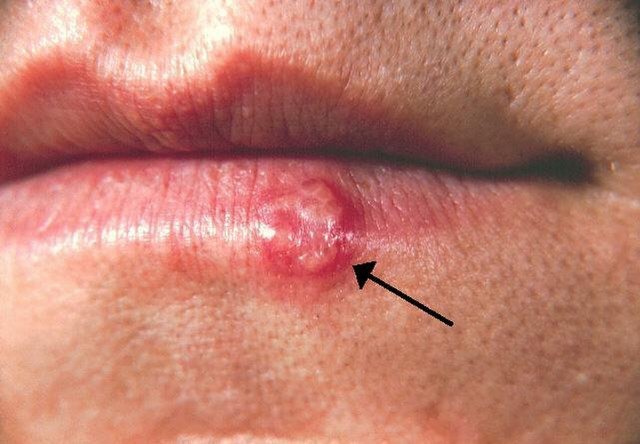
According to the World Health Organization (WHO), about 67% of people under age 50 are infected with HSV-1. Many never show visible symptoms, while others may experience recurring outbreaks several times a year, often triggered by physical or environmental factors.
What Causes Cold Sores?
Cold sores result from HSV-1 infection, usually transmitted through direct oral contact. Once the virus enters the body, it remains dormant in nerve cells and may reactivate under certain conditions, including:
-
Stress
-
Fatigue
-
Illness or fever
-
Hormonal changes
-
Prolonged sun exposure
-
Dental procedures
When reactivated, the virus travels along nerves to the skin, leading to blister formation. While they most often appear near the lips, sores can also occur on the chin, cheeks, nostrils, or inside the mouth.
Recognizing the Symptoms
Cold sores usually follow a pattern of stages:
-
Tingling and itching – A burning or tingling sensation around the lips appears 1–2 days before blisters.
-
Blistering – Small, fluid-filled bumps form near the lip line or face.
-
Oozing and crusting – Blisters burst and leave shallow sores that develop a yellowish crust before healing.
The healing process typically takes 7–10 days, and outbreaks may become less frequent with time.
Treatment Options
There is no permanent cure for HSV-1, but several treatments can help shorten outbreaks and ease discomfort.
Prescription Antivirals
Best taken at the first sign of symptoms, these medications can reduce healing time and pain:
-
Acyclovir (Zovirax)
-
Valacyclovir (Valtrex)
-
Famciclovir (Famvir)
Over-the-Counter Remedies
For milder outbreaks, topical products can help:
-
Docosanol 10% (Abreva) – May reduce healing time if used early.
-
Lidocaine or benzocaine gels – Provide temporary pain relief.
Supportive Home Remedies
These do not cure cold sores but may offer comfort:
-
Aloe vera gel – Soothes irritation.
-
Lemon balm (Melissa officinalis) – May shorten outbreak duration.
-
Cold compresses – Reduce swelling and discomfort.
-
Petroleum jelly – Prevents cracking and helps healing.
Always use clean hands or applicators to avoid spreading the virus.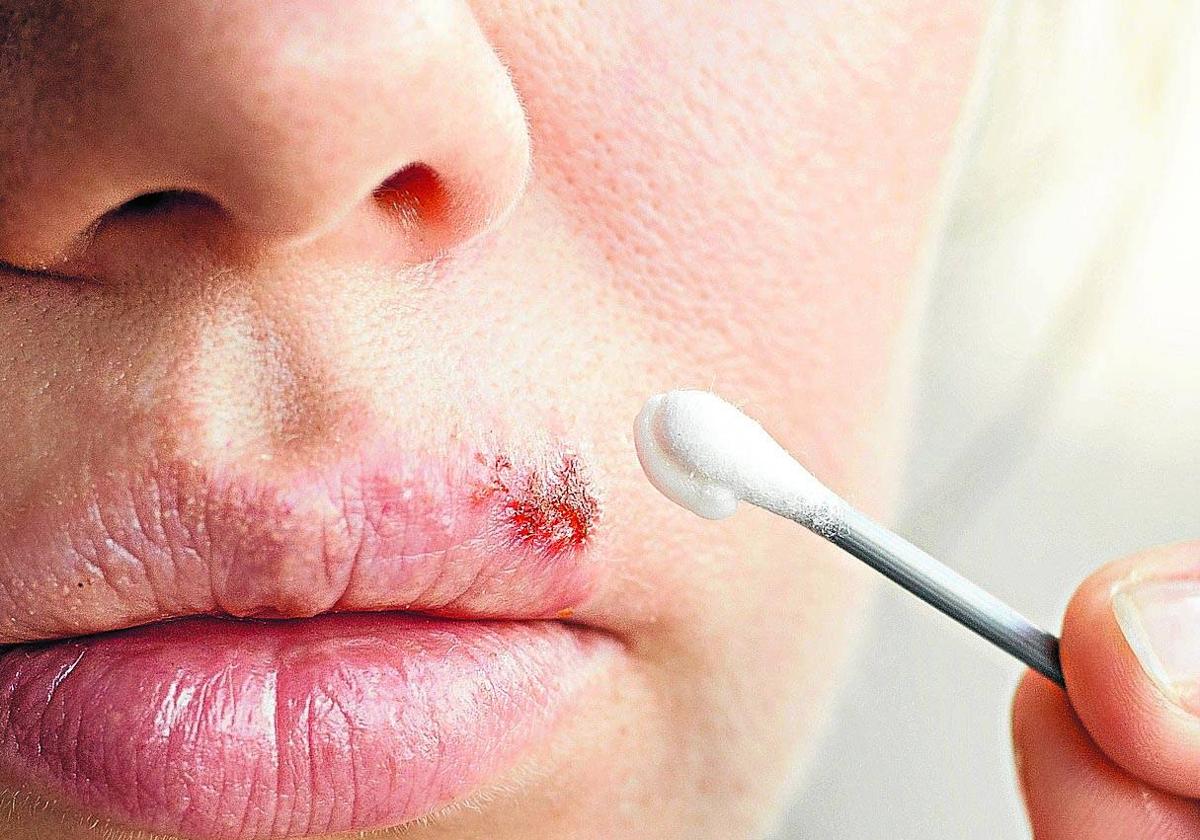
Preventing Outbreaks
To lower the risk of recurrence, experts recommend:
-
Managing triggers – Track stress, sleep quality, sun exposure, and illness in a journal.
-
Supporting immunity – Eat a balanced diet, exercise, stay hydrated, and get enough rest.
-
Sun protection – Use SPF lip balm outdoors.
-
L-lysine supplements – May help some individuals, though more research is needed.
Preventing Transmission
HSV-1 is contagious even without visible sores. To reduce spread:
-
Avoid kissing and oral contact during outbreaks.
-
Do not share utensils, towels, razors, or lip balm.
-
Wash hands often, especially after touching your face.
-
Refrain from oral sex during outbreaks to avoid genital infection.
When to See a Doctor
Seek medical attention if:
-
Sores last longer than 10–14 days
-
Outbreaks are frequent or severe
-
The virus spreads to the eyes or other body areas
-
You have eczema or a weakened immune system
Doctors may recommend episodic antiviral therapy (taken at outbreak onset) or suppressive therapy (daily medication to prevent recurrences).
Final Thoughts
Cold sores are extremely common and manageable. While HSV-1 has no cure, early treatment, preventive care, and lifestyle adjustments can greatly reduce symptoms and outbreak frequency. By understanding your triggers, practicing good hygiene, and seeking medical advice when needed, you can successfully control cold sores and minimize their impact on daily life.
News in the same category


If Your Kidneys Are in Danger, Your Body Will Send You These 8 Signals — Don’t Ignore Them

The Surprising Effects of Avocado on Your Heart and Brain
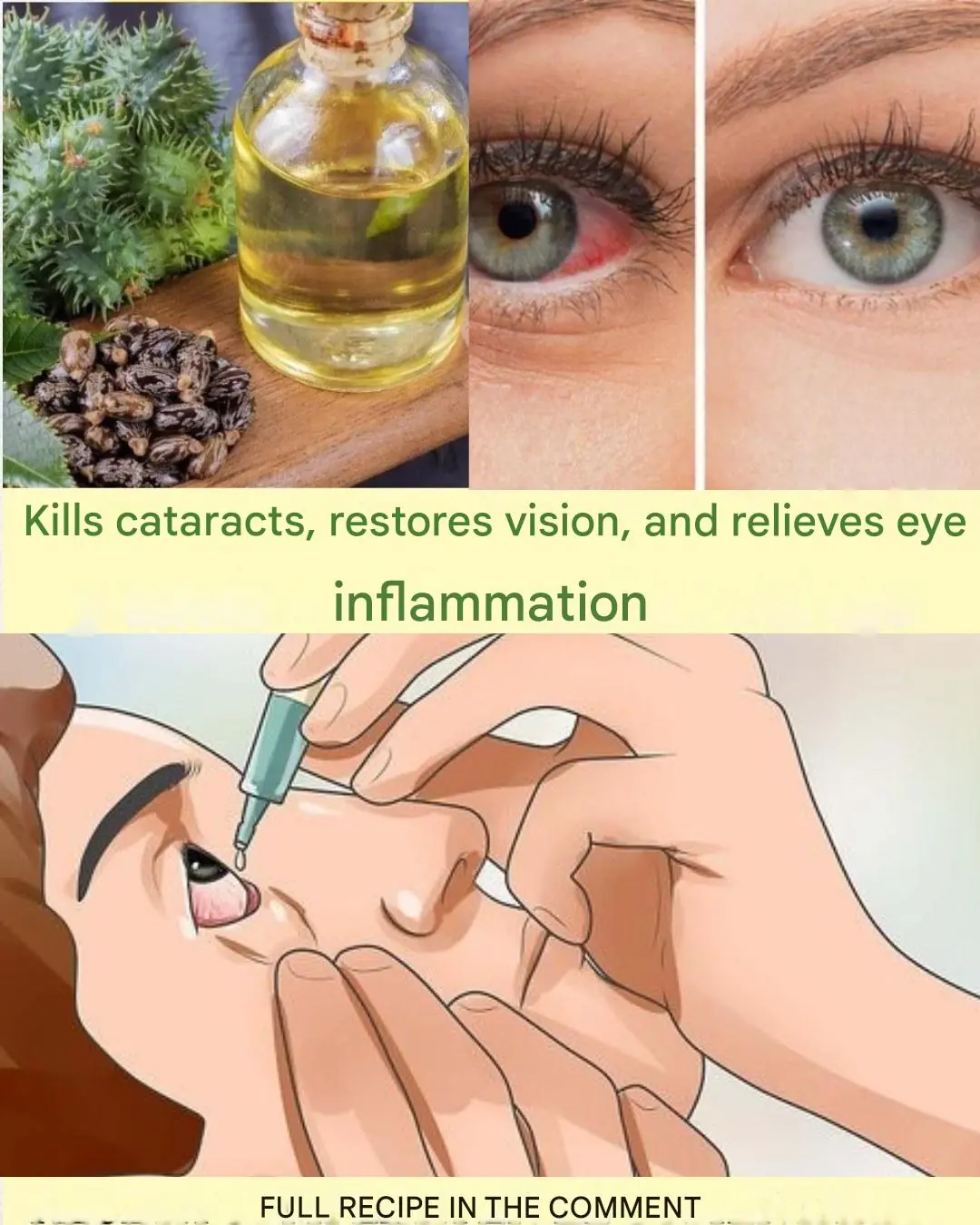
Natural Remedy for Cataracts and Eye Inflammation: Restore Your Vision Naturally
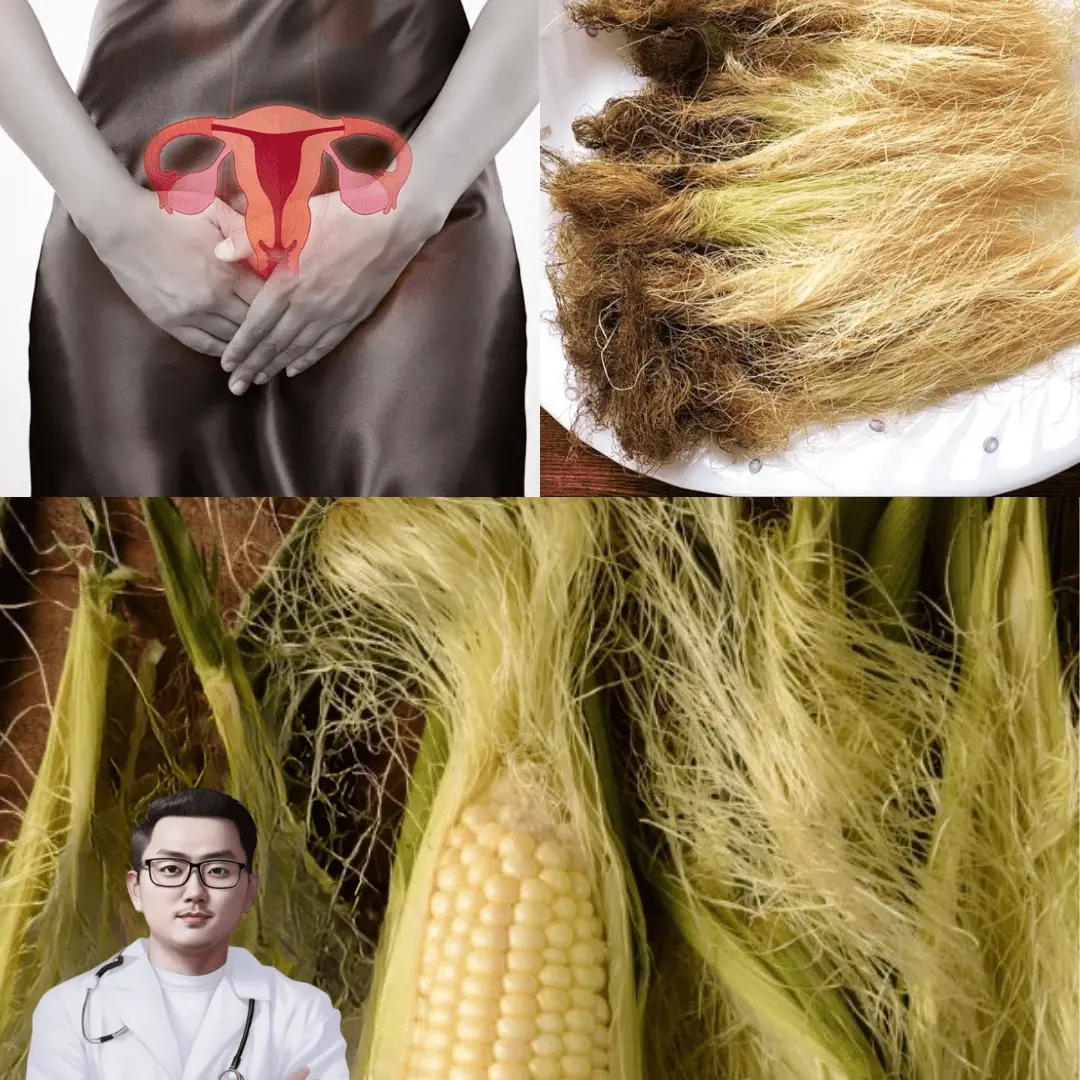
Unlock the Golden Magic of Corn Silk Tea
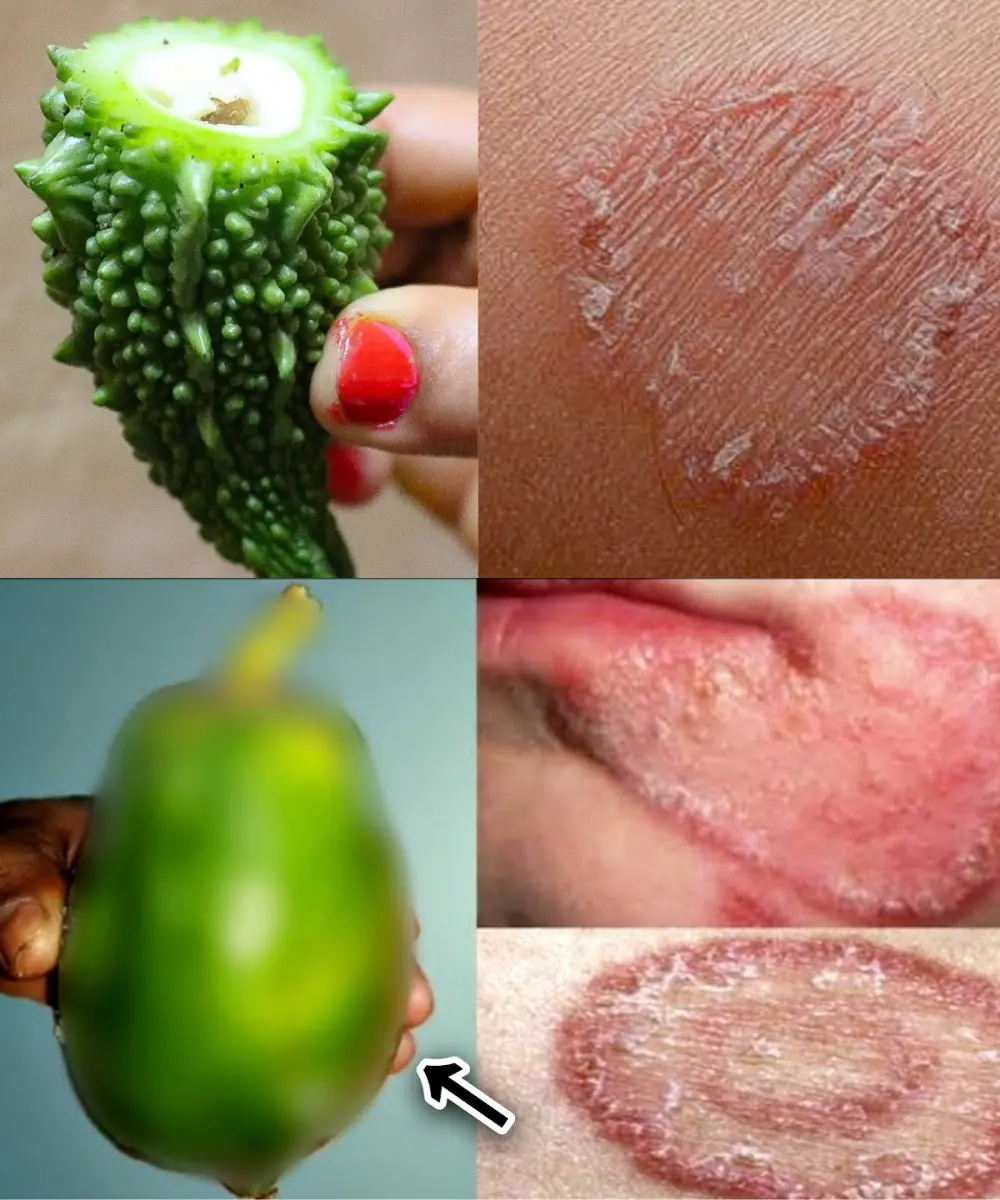
9 Powerful Home Remedies to Get Rid of Fungal Infection (Daad, Khaj, Khujli) Fast
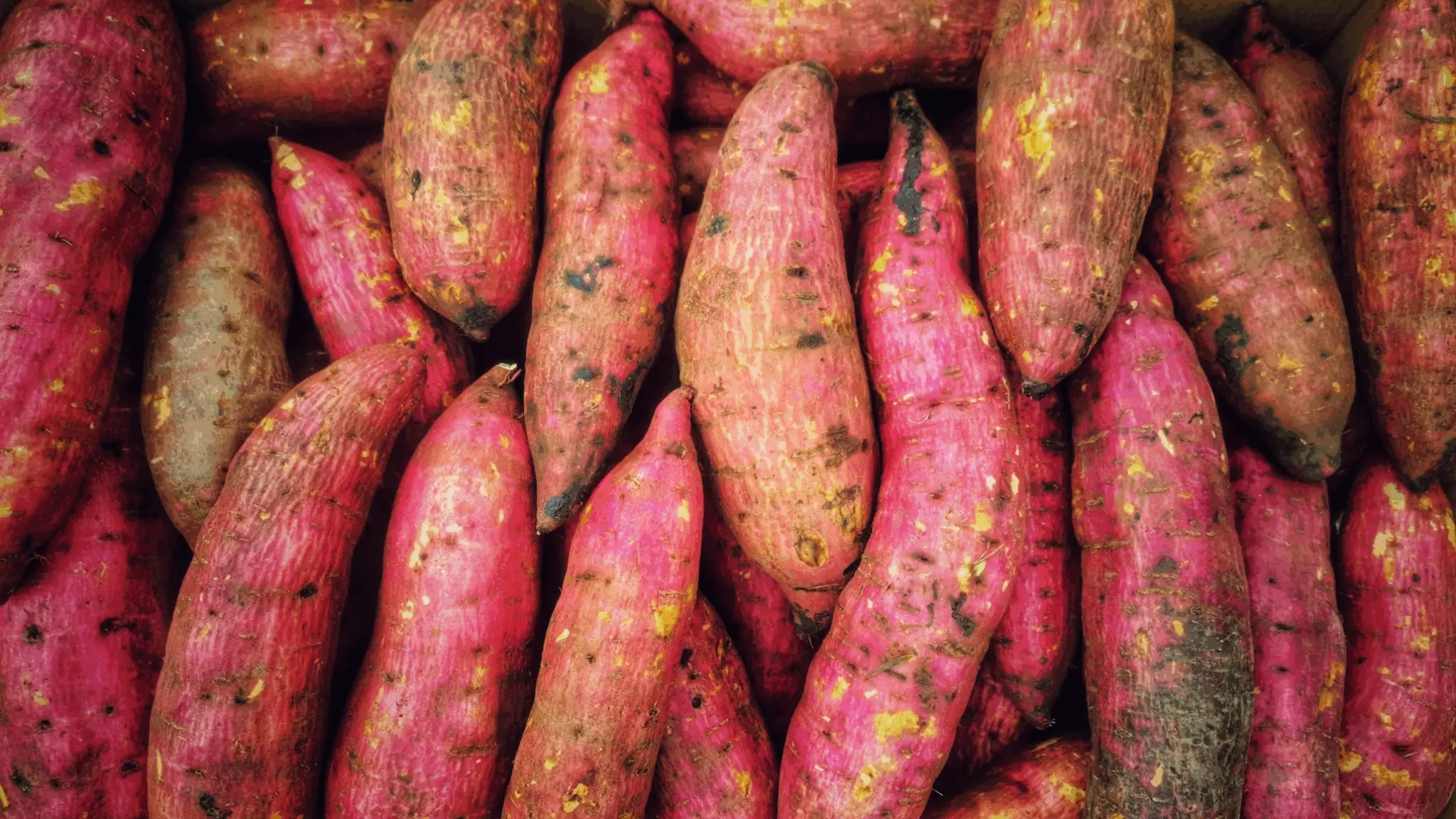
7 Shocking Health Benefits Of Eating Sweet Potatoes Every Day — According To Science
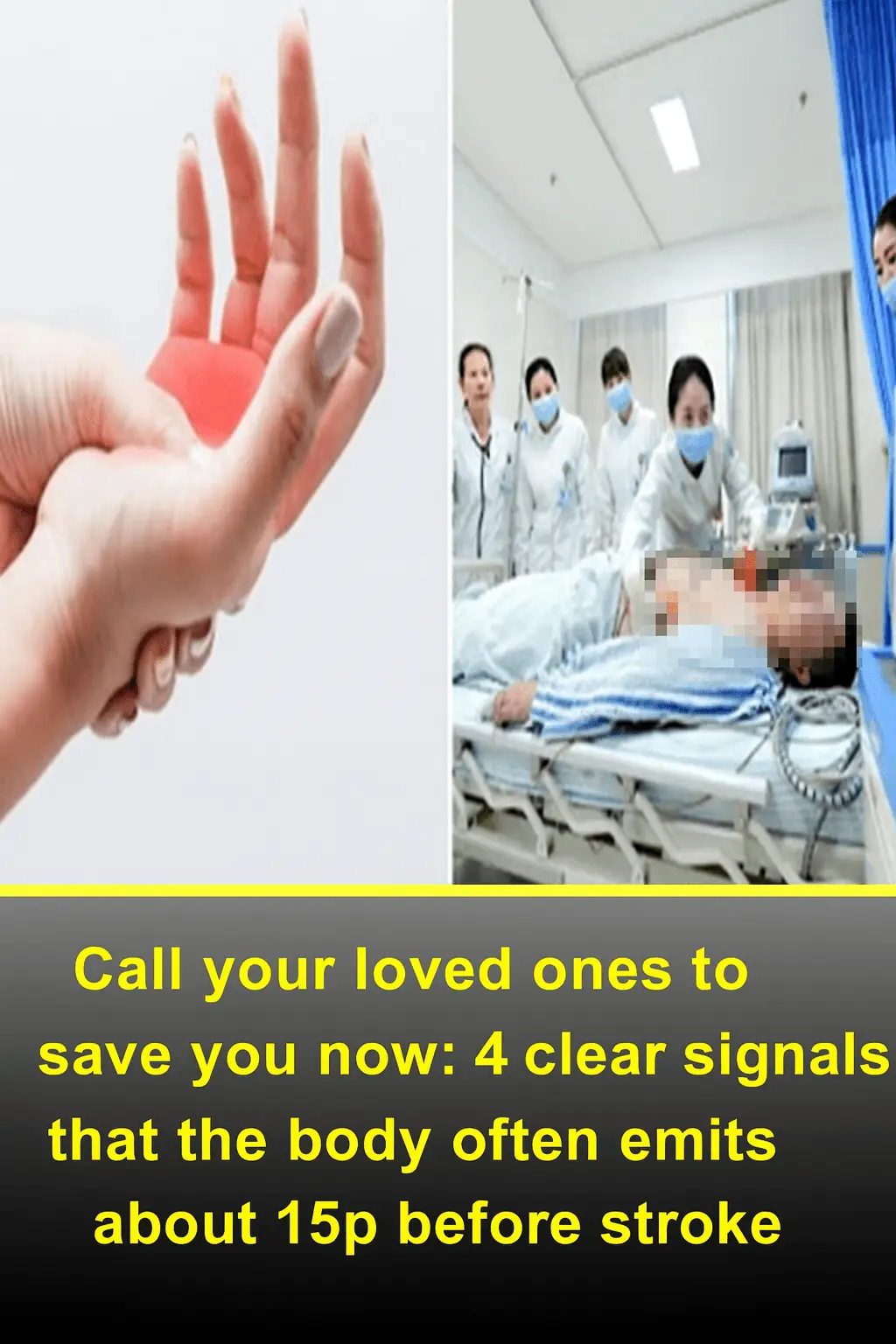
About 15 Minutes Before a Stroke, the Body Often Sends 4 Clear Warning Signs — Call Your Loved Ones Immediately
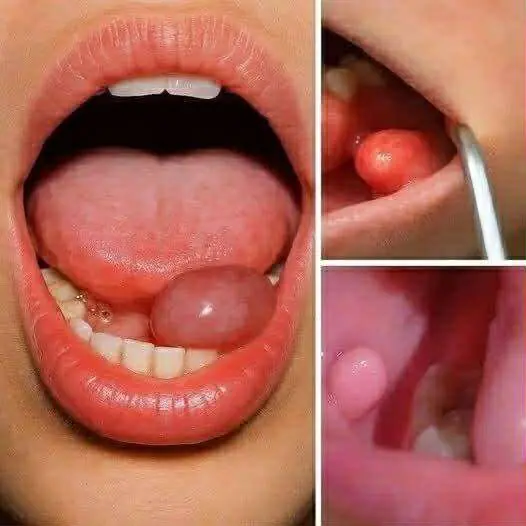
Hidden Dangers in Your Mouth: Early Signs of Oral Cancer
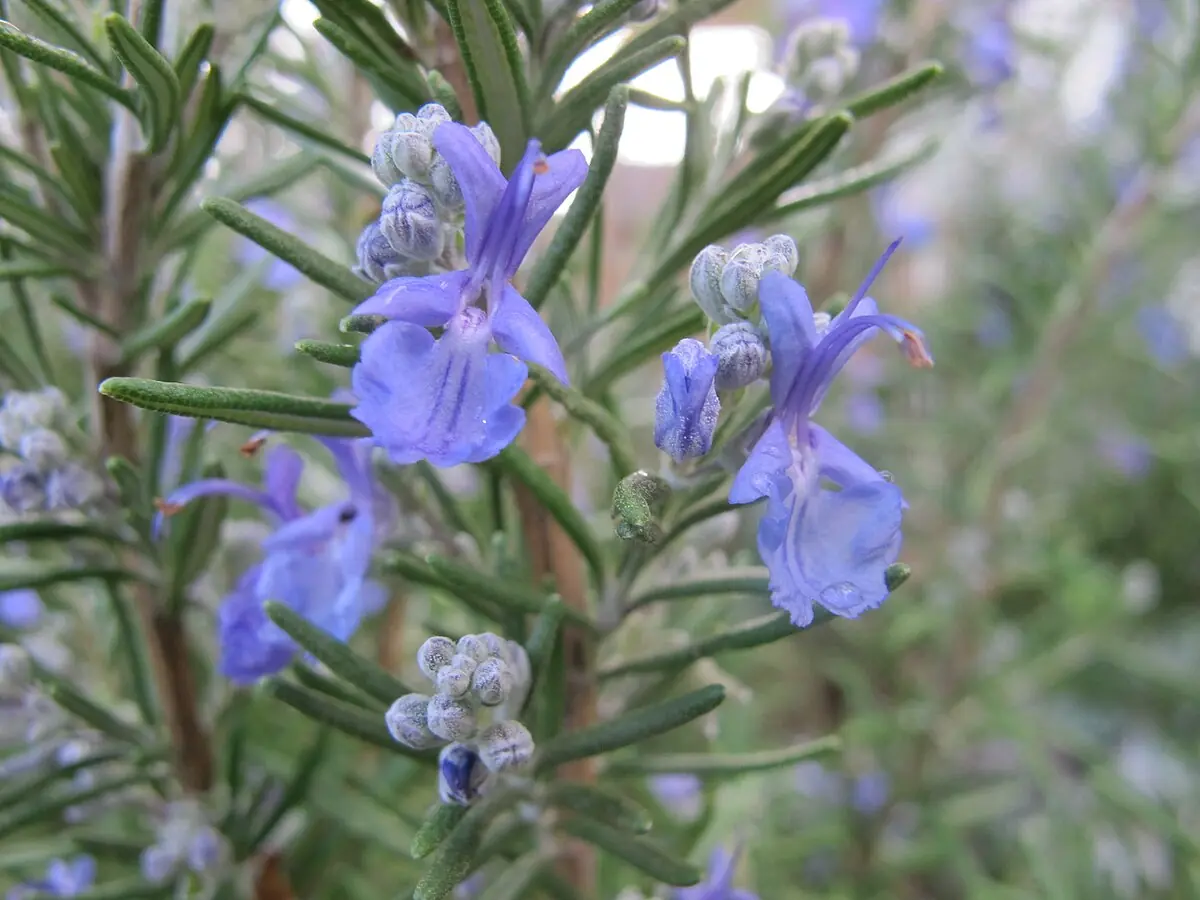
The Secret Power Of The Herb That Helps You Age Gracefully
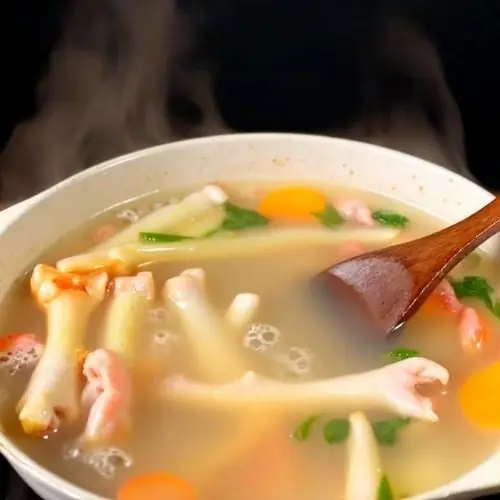
The Unexpected Benefits of Eating Chicken Feet
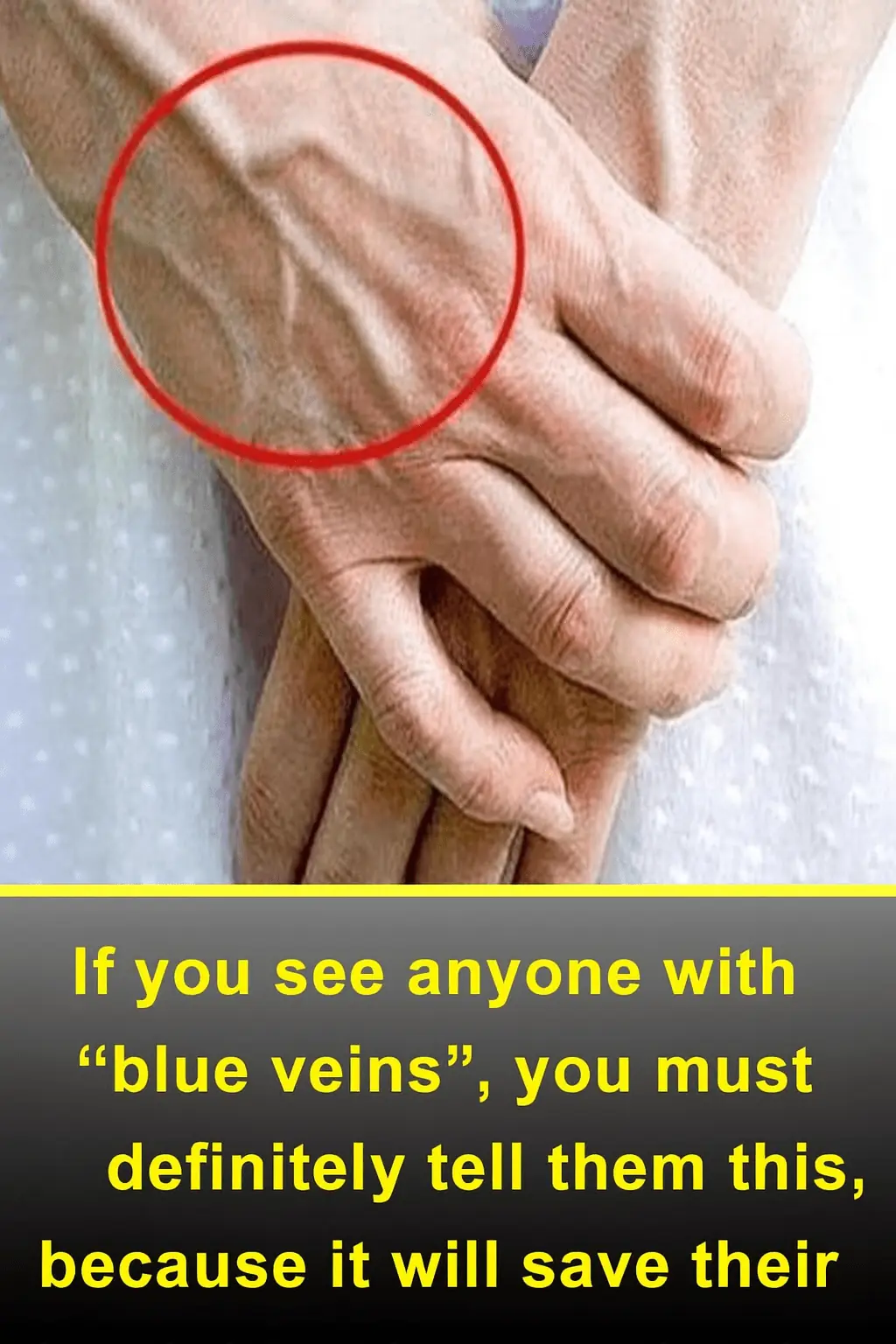
If You See Someone with “Blue Veins,” Tell Them This — It Could Save Their Life
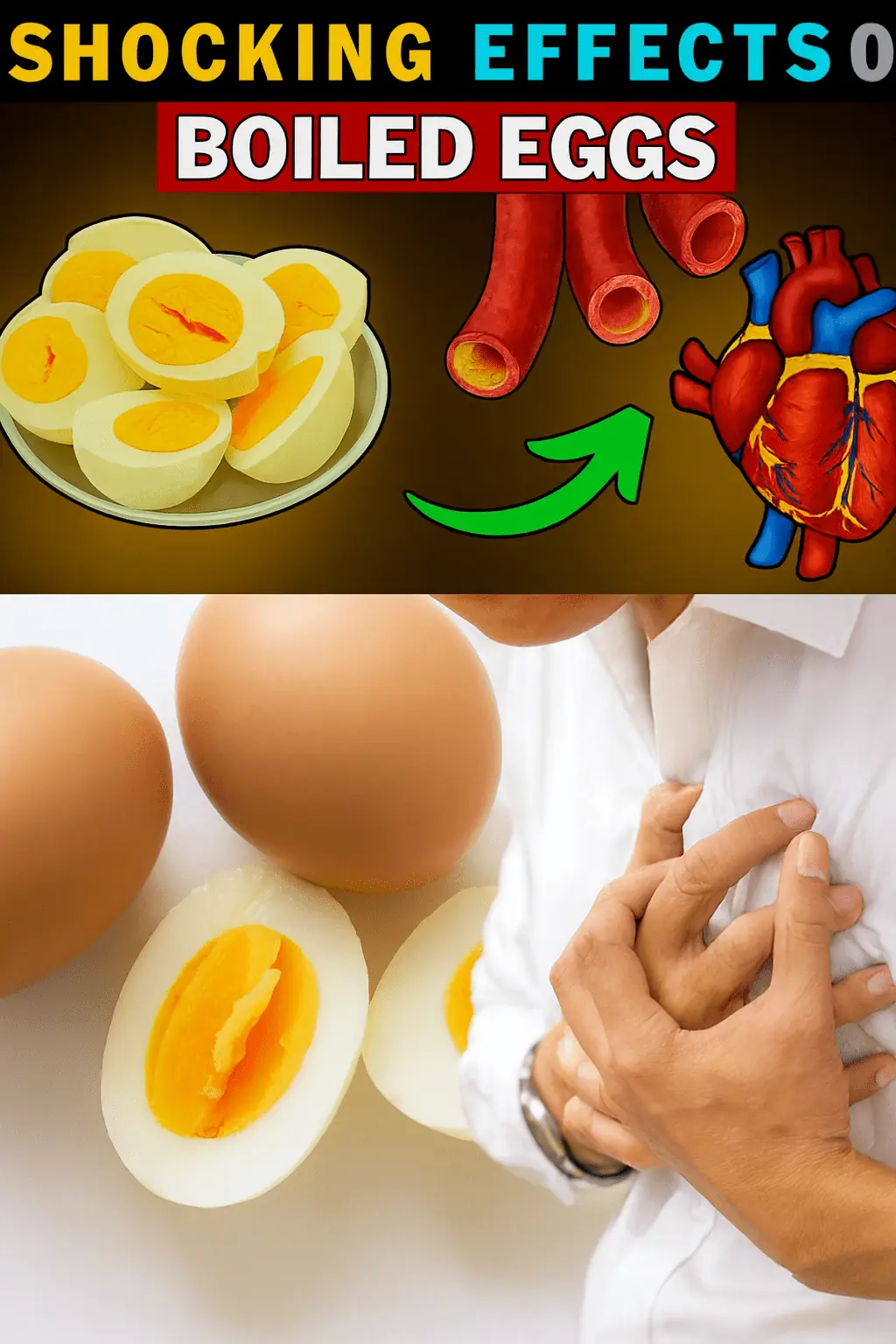
The Secret Power of Two Eggs a Day: Could This Simple Habit Transform Your Health? Buy vitamins and supplements
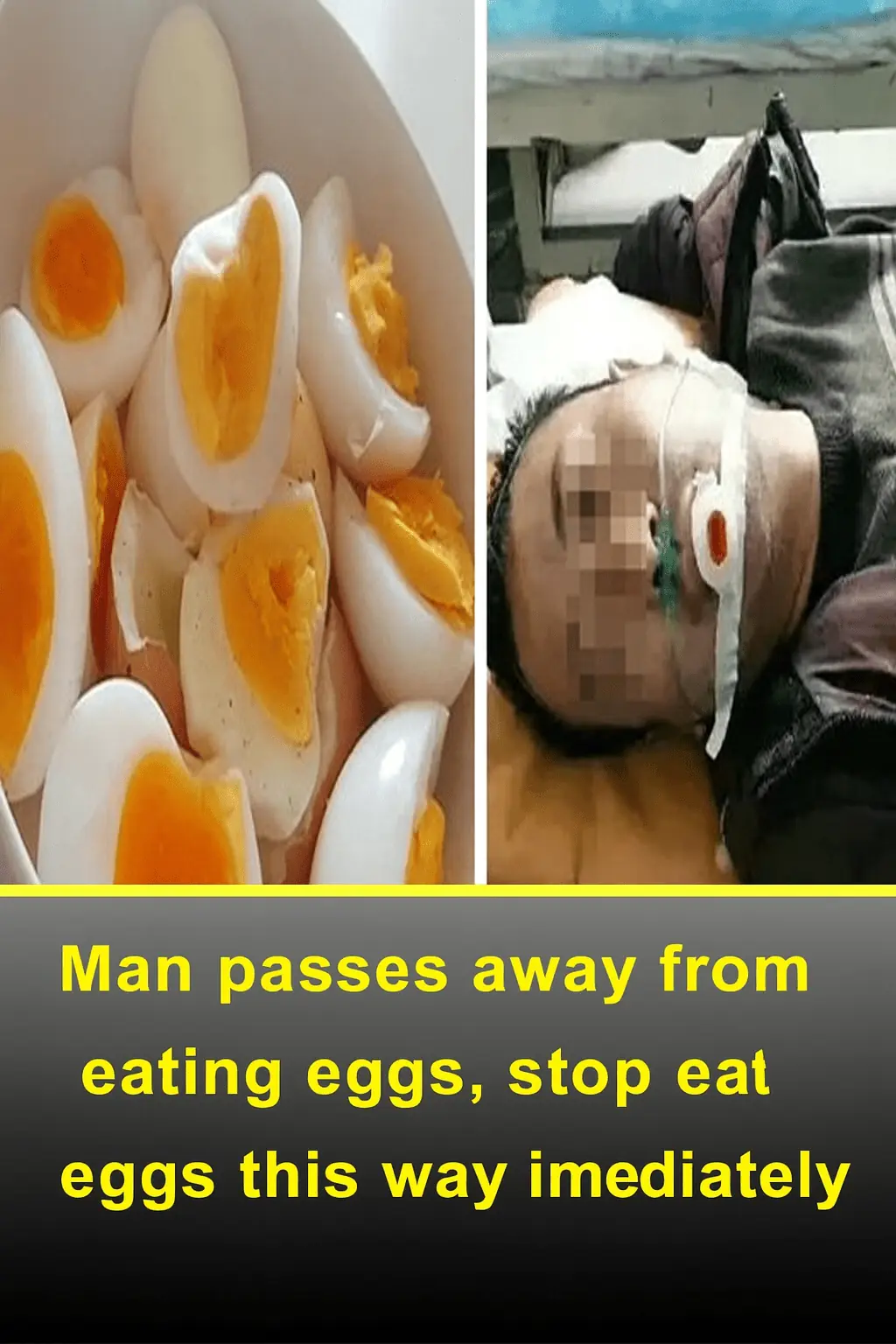
Man Passed Away After Eating Eggs — Stop Eating Eggs This Way Immediately
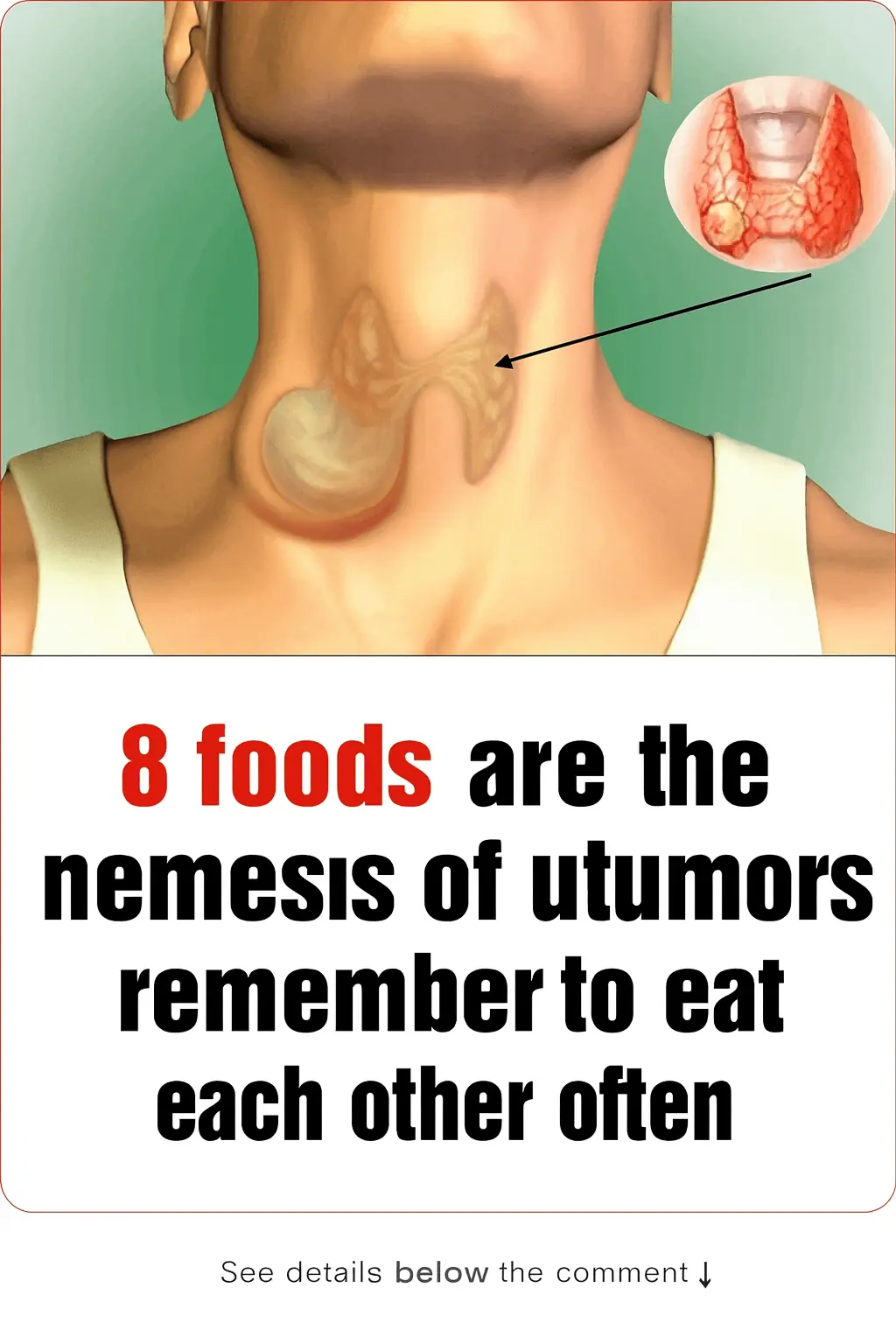
8 Foods That Fight Tumors — Eat Them Regularly
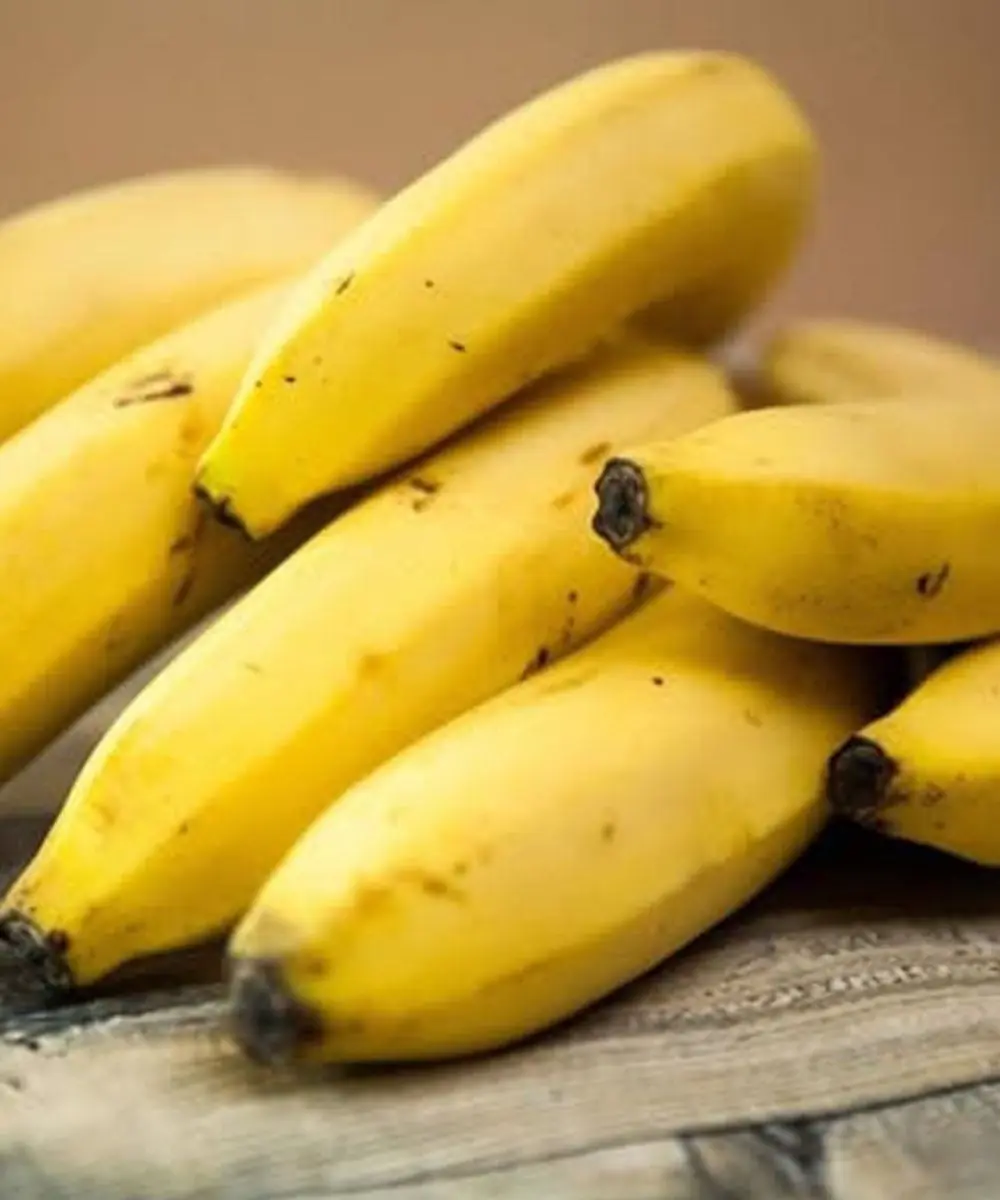
Does Eating Bananas Before Bed Have Any Benefits?
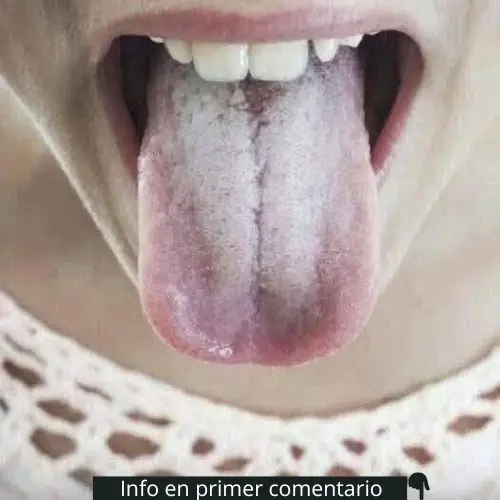
The Tongue as a Health Indicator: Meaning of a Whitish Color
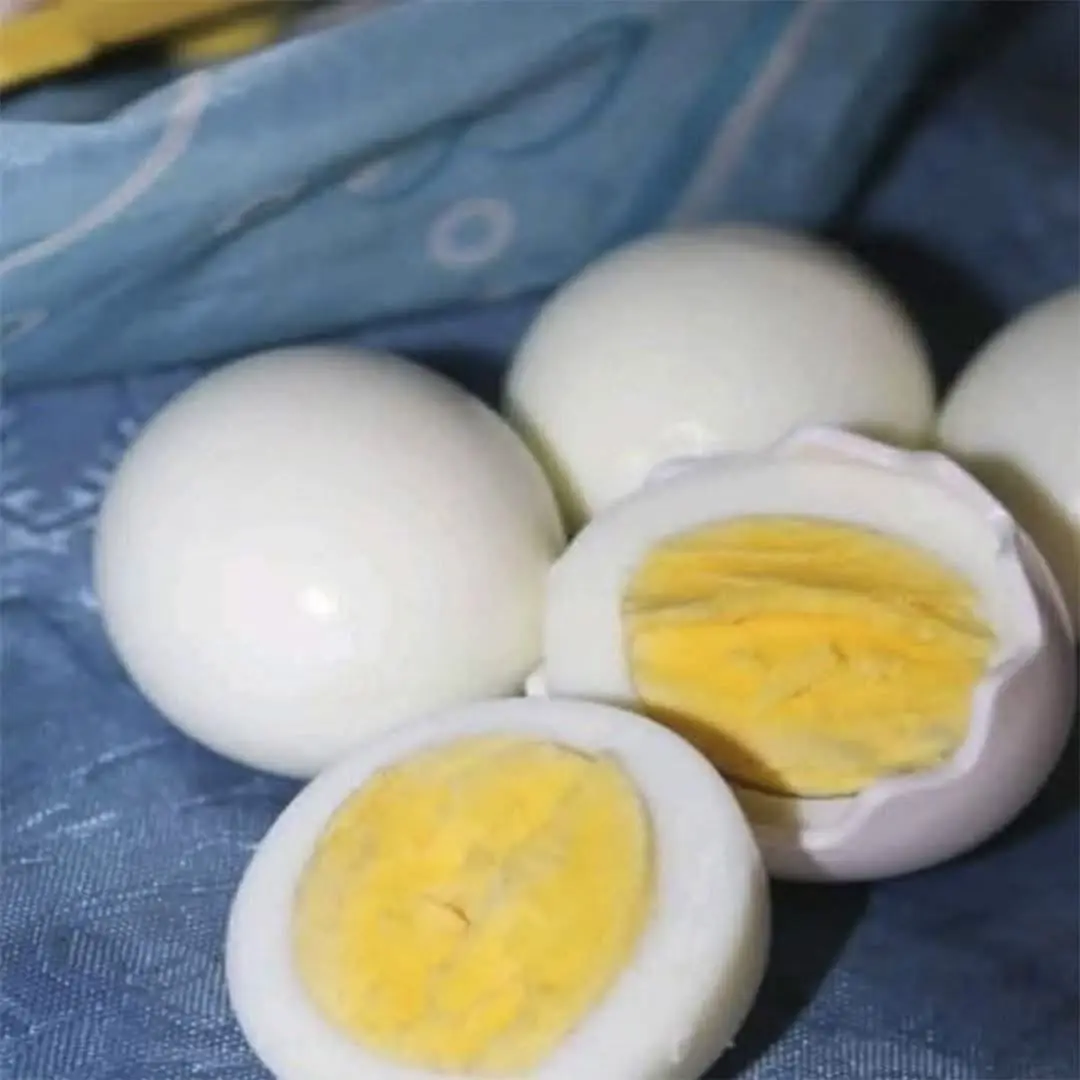
Benefits of Boiled Eggs: Nutrition and Healthy Recipes
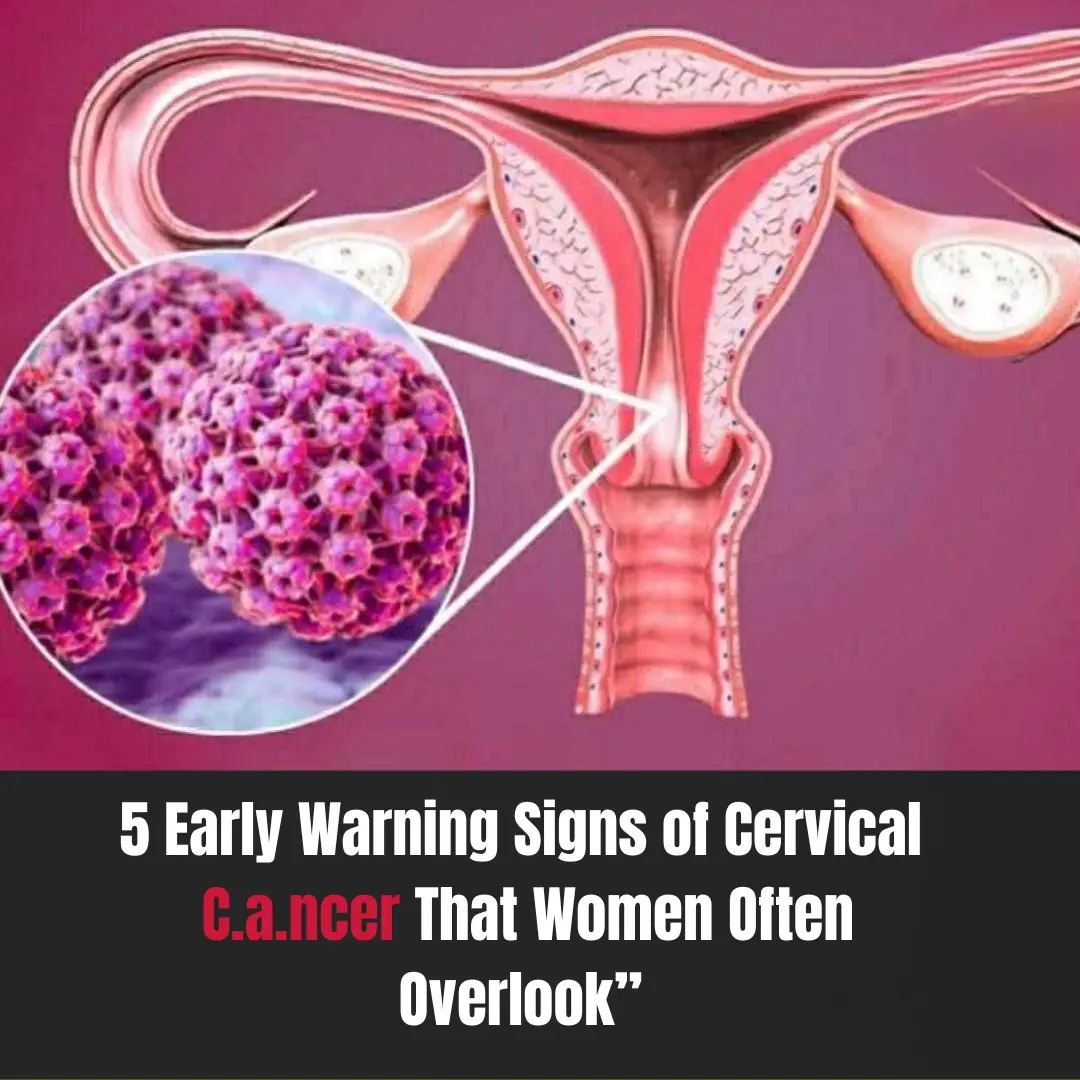
5 early warning signs of cervical cancer
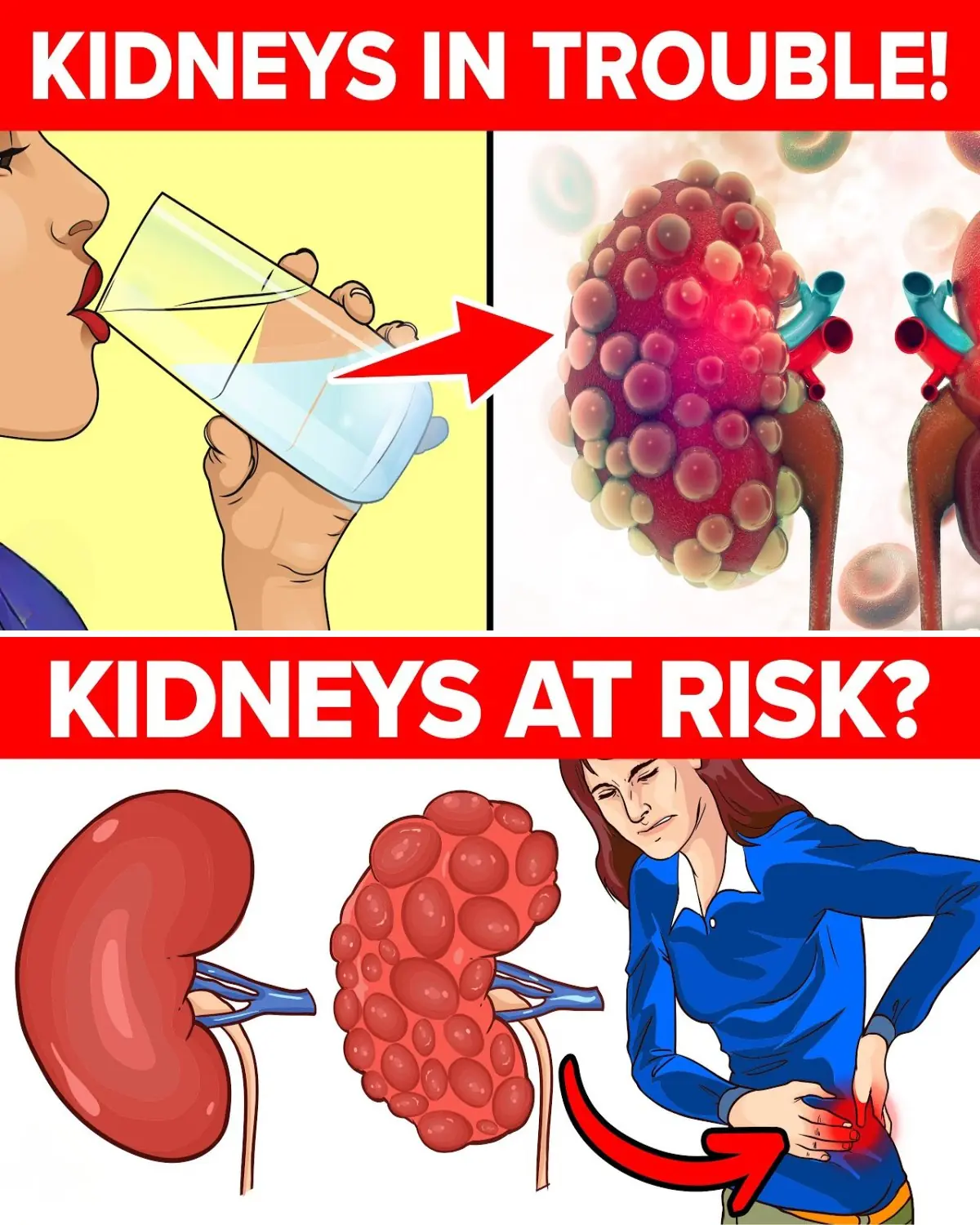
7 Innocent Mistakes That Get Your Kidneys in Big Trouble
News Post

WHAT HAPPENS WHEN WE TONGUE KISS…See more

Nature’s Secret: 4 Healing Leaves That Support Metabolism, Immunity & Circulation Naturally

Don’t Drink Coconut Water Before You Know These 11 Secrets!

Pumpkin Seed Milk — The Natural Parasite Cleanser

Fast Rice Water Trick for a Brighter Smile

Morning Drink to Revive Your Kidneys Fast

The Onion Recipe That Could Transform Your Blood Sugar, Support Cleaner Arteries, and Protect Your Heart!

Top 4 Fruits That Help Your Kidneys Flush Out Toxins While You Sleep

Ginger, Clove, and Honey: The Natural Trio Your Body Will Thank You For

Heal 15 Years of Joint Pain Naturally with Turmeric and Honey Tea

This Juice Revived My Grandma’s Energy — Say Goodbye to Fatigue and Body Pain with This Natural Recipe

The Benefits of Eating 2 Boiled Eggs Every Morning: Transform Your Health!

If Your Kidneys Are in Danger, Your Body Will Send You These 8 Signals — Don’t Ignore Them

The Surprising Effects of Avocado on Your Heart and Brain

Ways to Get Over a Man Who Didn’t Value You

I’m 66 but Look 36 — My Secret? Aloe Vera & Ginger for Firm, Smooth Skin

How to Make Okra Water to Treat 17 Health Problems Naturally

Banana and Egg Mask to Look Younger Even in Your 80s

Scent Leaf Secrets Unveiled: 10 Surprising Health Benefits of This Miracle Herb
